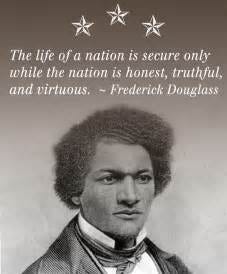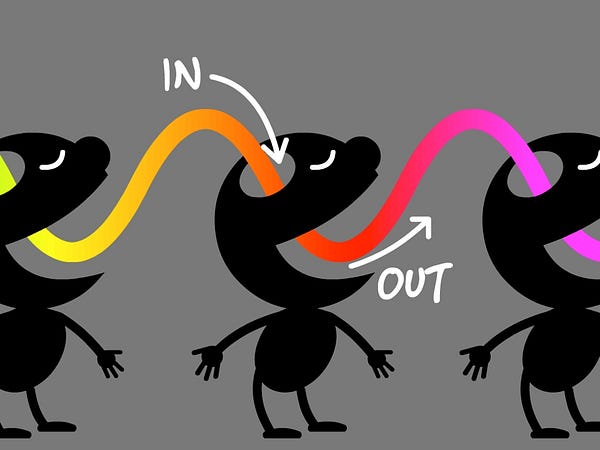Are the mindsets we hold created by the information within us, through our experiences, and finally, by the ideological positions we take? How did we arrive at these positions and conclusions? How did we arrive at these heartsets?
- Can different ‘balances of mind’ come into being according to the changing dynamics of our daily thoughts and actions, our exposure to the minds of others, and our ability to focus consistently?
- Is the balance of the mind shaped by the mindsets we employ?
- How do we generate a mindset that leads to being and feeling free to achieve any worthwhile goal we desire to achieve?
- How do subsequent new generations find the clear path to use their minds in ways not generally seen?
- Can becoming critical thinkers lead to a people who are more fair and just?
- Can critical thinking development create the ground conditions that can upright a society?
Ideally, it could. But it is not generally taught to us to support the rise of open-minded, critical thinkers. It is recognized that these can be dangerous to the current order of society, and in effect, could lead to the disruption of the ways and means in which business, ideas and social constructs are sustained. The vociferous critical thinking man or woman, if consistent, will again and again bring up ideas and questions that momentarily stop the flow of the status quo, causing slight changes in the manner in which a society proceeds. In due time, the critical thinker’s actions become unignorable and the powerful entities that traditionally operate the largest outlets of information begin to react directly and indirectly to the amplifications of such a growing force. So much so that it is even possible that targeting of the critical thinker becomes a political game of influence, with the intent to co-op such a actionable thinker towards lesser forms of positive disruption, if not sideline such a one altogether.
So it becomes that the greater the critical thinker in action, the greater a political threat one is perceived to hold against the established powers. In the publishing and informational amplification of critical ideas and questions, on-going informational flows cannot continue functioning in an impervious vacuum, but have no alternative but to yield, albeit as least as possible, so as to limit the disruption to these informational flows.
What is implied with ‘informational flows?’ If knowledge is power, the application of knowledge is power in motion. Being able to control what is talked about and what is not, controlling how things are discussed, how topics are prioritized, and by whom they are disbursed; all these are parameters that delineate what the populace has in their
mind at any given moment. Watch a news channel all day, for example, and your mind swims in the information it received from the programming. Listen to music on the radio and these songs, down to the melody and lyrics stay with us for the rest of the day. These thoughts and ideas, these whims and fancies superimpose themselves in our minds and crowd out other thoughts. We are easily programmable.
Nowhere is the call for critical thinkers to be developed and more heard than when we are in school. It is here that we learn the value of analyzation and deconstruction, practice coherent creation of thoughts and find the importance of knowing how to discuss with one another. Of all these, the ability to use words eloquently and express ourselves are by far the most important in the formation of a just, critical thinking mind. Thus, I teach oratory and essay writing as one of my instructional focuses with the aim of empowering people. I recognize that the men and women who can changeminds and hearts tend to be the ones who harness the ability to use words to successfully reach people’s minds and hearts, and these are the men and women who are able to change the course of events.
As it is said in ancient scripture, even a large ship is made to change direction by the turn of the tiller. But speaking persuasively is not the height of critical thinking. The ability to hold onto fairness, true justice and common sense, brings about the practice of the perfect law of liberty. In this sense, the critical thinker is not simply a clever and persuasive speaker who masters the principles of speech to dupe people, but is mindfully aware of the need to create more critical thinkers who are fair, just and sensical. This is the generation of creating open-mindedness, and this leads to the creation of freedom from the inside out. The perfect law of liberty calls for prudence, kindness, fairness, justice, mercy, and love. In the daily keeping of what liberty is about clear in the mind and heart, the critical thinker attaches their mind and heart to a light house of strength that safeguards and comforts. The critical thinker, at their best, should then be mindfully led by a moral compass of espousing liberty, as opposed to being driven by every whim and doctrine.


Comments